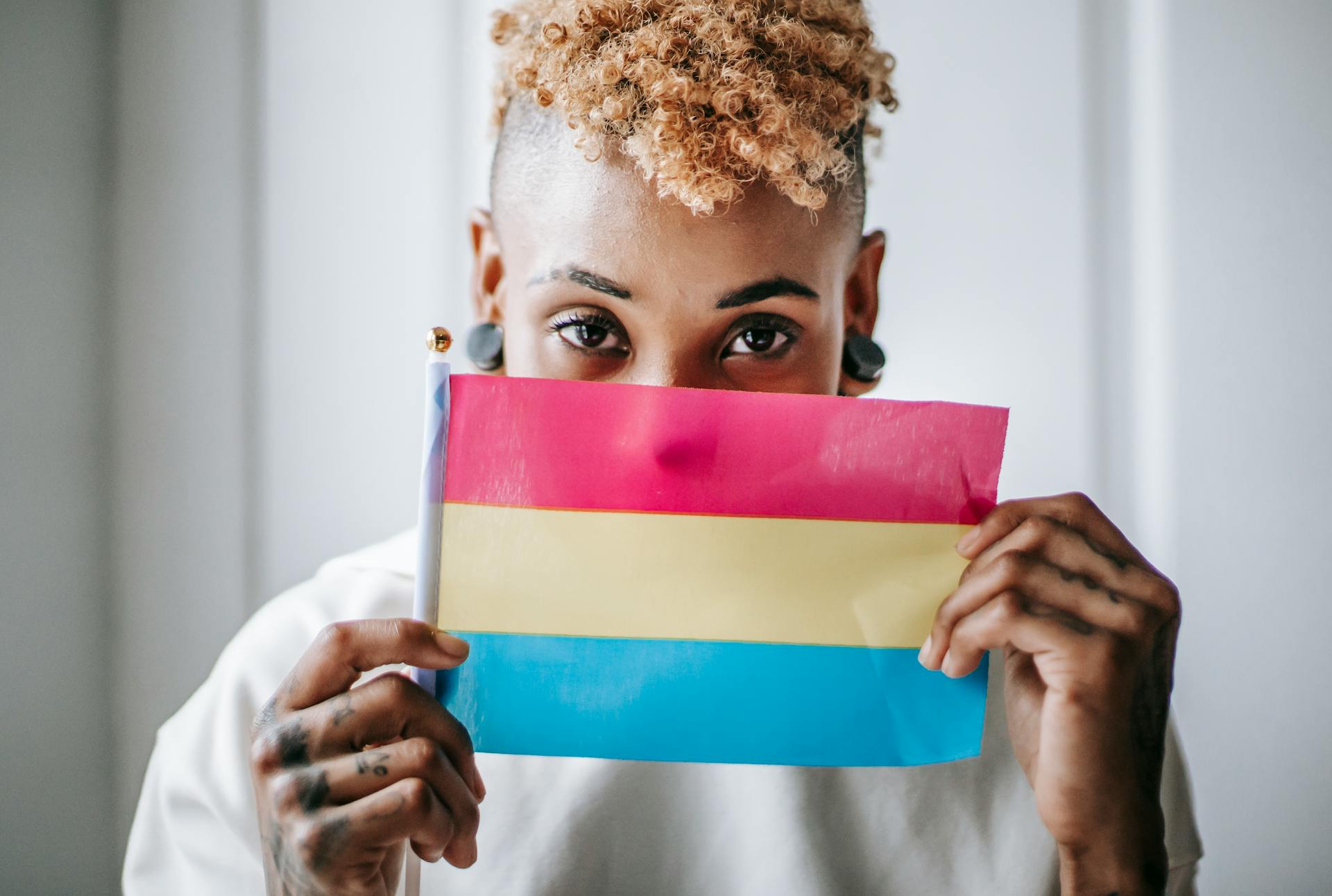If we take a moment to look at the history of psychology and psychiatry, it becomes clear just how complicit these fields have been in upholding oppressive structures. Like many accepted and seemingly “objective” standards, therapeutic modalities and approaches are rife with patriarchal, capitalistic, white-supremacist, and cis/hetero/mono-normative underpinnings. Historically, these fields have often pathologized diverse sexual orientations and gender identities, reinforcing harmful stereotypes and marginalizing those who do not fit into the narrow confines of what is considered “normal.”
“I believe that queer therapy can be activism, that we can hear people and really hear them—not hear them through the lens of how they can be better complicit participants of a painful and broken society, but how they can be heard, heal, and ultimately resist the injustice they experience.”
To queer is the process of questioning, critiquing, and expanding upon established theories to include the experiences and perspectives of LGBTQ+ individuals (and other marginalized folks). When we queer therapy, we not only ask that it be affirmative: affirmative means offering basic respect to people whose identities have been othered by not pathologizing them. This is the bare minimum, and we can do better.
We can strive to create an inclusive and transformative space that acknowledges and values all identities. Such a space recognizes that “queering” is for everyone: that cis people have much to learn and benefit from questioning their gender roles, and that monogamous folks have something to gain by learning about alternate models of love (and the tools such models have developed for relationships). When we recognize there is something other than the default, we expand.
Asking Hard Questions in Queer Therapy
We can start by asking some hard questions: what does it mean to be “normal”? Who decides what the outcomes of “successful therapy” are? What is the history of the DSM, and how has it been used to categorize and control human behavior? What does it mean to be “functional” in a society that often values productivity over well-being? How are we complicit in the wellness industrial complex that commodifies mental health for profit? Who gets to be an expert, and whose voices are marginalized or silenced? How is power distributed in the therapy room, and how can we shift this dynamic to be more egalitarian? Who bears the burden for suffering? These questions are essential in challenging the status quo and envisioning a more equitable approach to mental health care.
A queer practice offers the possibility to ask such questions within ourselves, with our colleagues, and with our clients. We expand the space to allow room for voices and identities that defy conventional categories and binaries. To queer is also to return the agency of the narrative to the people to whom it belongs: to let individuals create and tell their own stories. Societal norms and expectations hold us back: they make us small and restrained, but they also hold us back collectively, keeping us in compliant, static roles and preventing us from achieving liberation and revolution. By challenging these norms, we can begin to dismantle the structures that oppress us and create a more just and inclusive world.
The Interplay of Personal and Political in Queer Therapy
In my sessions, we don’t just focus on the individual in isolation, because that is simply not how we exist. Of course, we talk about childhood, dreams, and anxieties, but we also look at how gender roles, race, socioeconomic status, sexuality, gender, and other social identities shape experience. What may sometimes appear personal and insular is often also political and social, deserving to be understood through that lens as well. Indeed, convincing people that the personal is not political has a very clear oppressive history. During the 1960s, when feminists protested for abortion rights and against unequal domestic labor, they were accused of confusing “personal” problems with politics. Ironically, abortion is now a deeply politicized issue, and rightfully so. Recognizing the interplay between the personal and the political allows us to understand our struggles in a broader context and work towards collective empowerment and change.
I believe that queer therapy can be activism, that we can hear people and really hear them—not hear them through the lens of how they can be better complicit participants of a painful and broken society, but how they can be heard, heal, and ultimately resist the injustice they experience. Therapy can be a radical act of defiance against the systems that seek to control and define us. It can be a space where we nurture our strengths, find solidarity, and build resilience. By fostering a therapeutic environment that challenges oppressive norms and supports individual and collective liberation, we can help create a world where everyone has the freedom to live authentically and thrive. After all, “a political struggle can be the struggle to transform your world” Sara Ahmed, Living a Feminist Life (227).
Advantages of Discovering Your Therapist via It’s Complicated
- No Setup Costs: Creating an account and reaching out to therapists is entirely cost-free.
- Transparent Pricing: You’ll only pay the session fee, with no concealed booking fees.
- Precise Search: Utilise our robust search tool to pinpoint therapists based on your specific preferences.
- Thorough Listings: Easily explore therapists categorised by their specialty, approach, location, and language.
It’s Complicated is a therapy platform that not only helps clients find their perfect therapist but also supports therapists in their craft of helping others. Featuring over 2,000 mental health professionals from 80+ countries, counselling is available in almost 100 languages, both online and in person. A GDPR-compliant video solution, encrypted messaging, and easy invoicing guarantee a private and seamless counselling experience for therapists and clients alike. If you are in a serious crisis and need urgent help, please use one of these resources instead.
